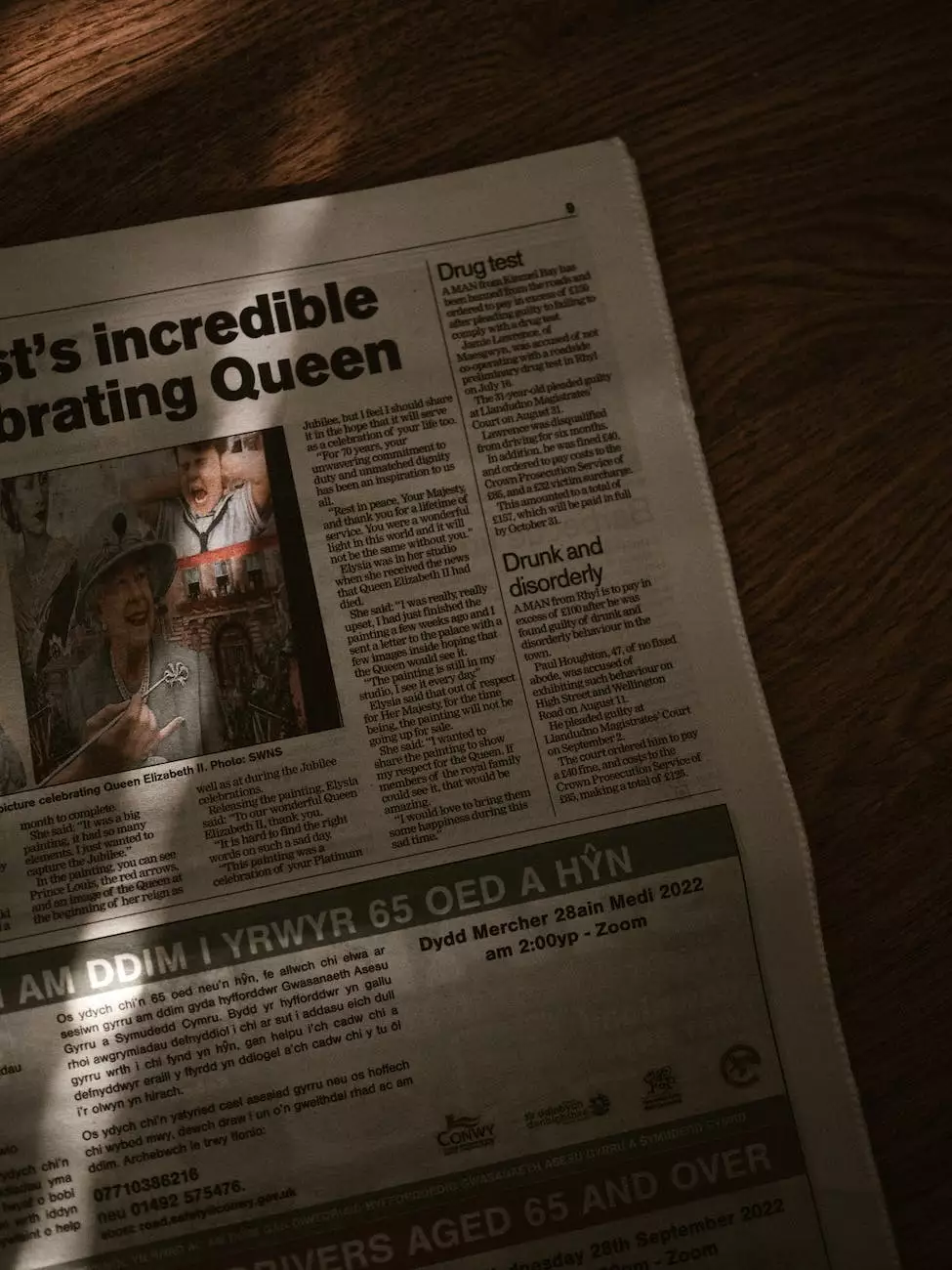English Grammar Lesson: Can, Could, Be Able To, & Was Able To
English Grammar Lessons
Introduction to 'Can', 'Could', 'Be Able To', and 'Was Able To'
Are you struggling to understand the difference between 'can', 'could', 'be able to', and 'was able to'? Look no further! NJCLT is here to help you unravel the intricacies of these commonly used verbs. Whether you're a beginner or an advanced learner, this comprehensive English grammar lesson will equip you with the knowledge and skills to master their usage.
Understanding the Basics
Firstly, let's examine the fundamental meanings of each verb:
- Can: Used to express ability, capability, or permission in the present tense.
- Could: Indicates past ability, capability, or permission, or a polite way to make a request.
- Be Able To: Synonymous with 'can' and 'could', can be used as an alternative for expressing ability or capability.
- Was Able To: Signifies successful accomplishment of an action in the past.
Usage Examples
Let's explore the usage of 'can', 'could', 'be able to', and 'was able to' with some practical examples:
Can
In the present tense, 'can' is used to denote ability or capability, for instance:
Example 1: I can swim for long distances without getting tired.
Example 2: She can play multiple musical instruments with ease.
Could
'Could' is primarily used to imply past ability or capability, and can also be utilized to make polite requests:
Example 1: When I was young, I could run incredibly fast.
Example 2: Could you pass me the salt, please?
Be Able To
'Be able to' shares similarities with 'can' and 'could' and can be used interchangeably:
Example 1: They were able to find a solution to the complex problem.
Example 2: We haven't been able to visit the museum yet, but we plan to go soon.
Was Able To
'Was able to' highlights an accomplishment or success in the past:
Example 1: Despite facing numerous challenges, they were able to complete their project before the deadline.
Example 2: She was able to persuade her colleagues to support her idea.
Summary
By now, you should have gained a clear understanding of the differences between 'can', 'could', 'be able to', and 'was able to', and how to use them effectively in various contexts. Remember to consider the timeline, intention, and formality when selecting the most appropriate verb. Regular practice and exposure to real-life examples will further enhance your mastery of these verbs.
Take Your English Skills to the Next Level with NJCLT
If you're eager to improve your overall English proficiency, NJCLT offers a wide range of comprehensive language learning resources, including grammar lessons, vocabulary exercises, and interactive online classes. Join our community today and embark on an exciting journey to becoming fluent in English!










